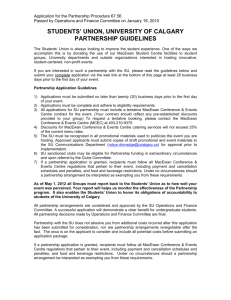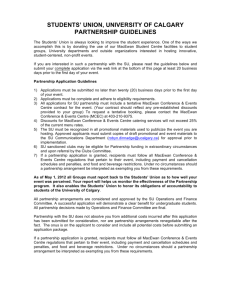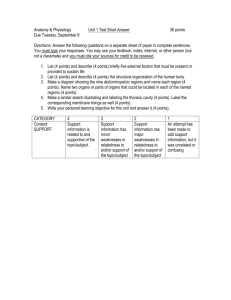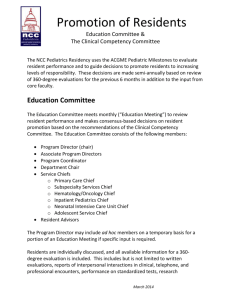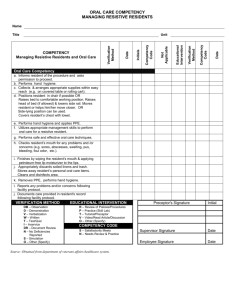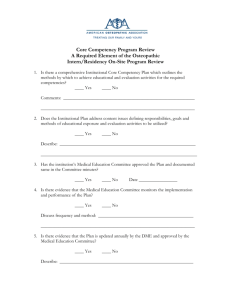Abstract
advertisement
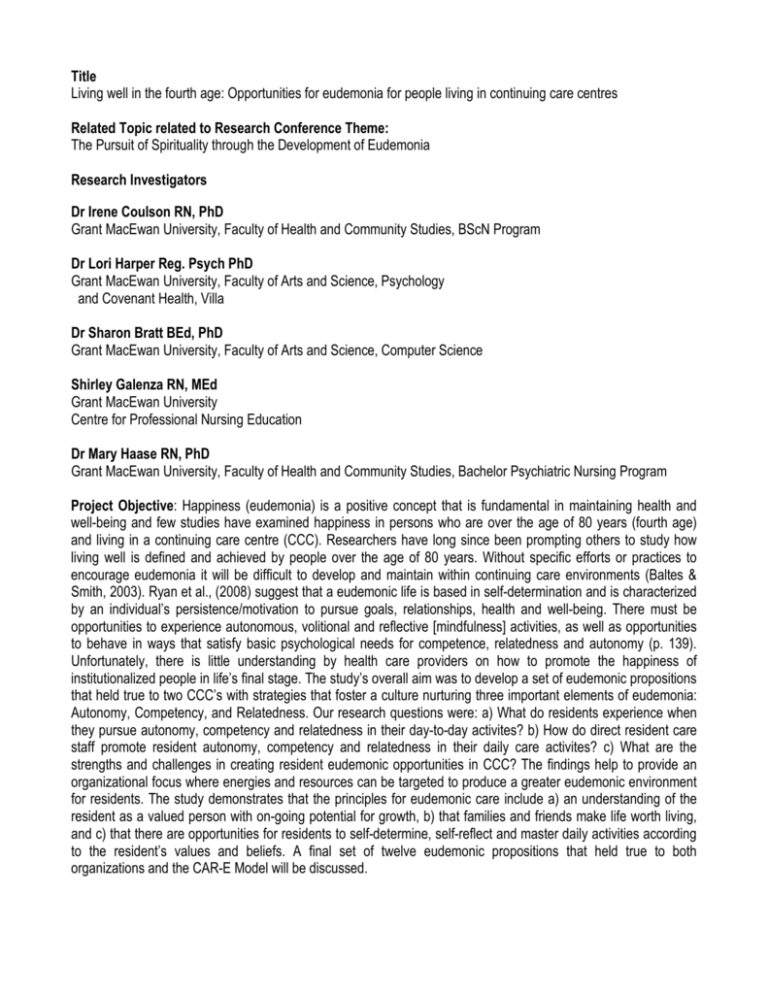
Title Living well in the fourth age: Opportunities for eudemonia for people living in continuing care centres Related Topic related to Research Conference Theme: The Pursuit of Spirituality through the Development of Eudemonia Research Investigators Dr Irene Coulson RN, PhD Grant MacEwan University, Faculty of Health and Community Studies, BScN Program Dr Lori Harper Reg. Psych PhD Grant MacEwan University, Faculty of Arts and Science, Psychology and Covenant Health, Villa Dr Sharon Bratt BEd, PhD Grant MacEwan University, Faculty of Arts and Science, Computer Science Shirley Galenza RN, MEd Grant MacEwan University Centre for Professional Nursing Education Dr Mary Haase RN, PhD Grant MacEwan University, Faculty of Health and Community Studies, Bachelor Psychiatric Nursing Program Project Objective: Happiness (eudemonia) is a positive concept that is fundamental in maintaining health and well-being and few studies have examined happiness in persons who are over the age of 80 years (fourth age) and living in a continuing care centre (CCC). Researchers have long since been prompting others to study how living well is defined and achieved by people over the age of 80 years. Without specific efforts or practices to encourage eudemonia it will be difficult to develop and maintain within continuing care environments (Baltes & Smith, 2003). Ryan et al., (2008) suggest that a eudemonic life is based in self-determination and is characterized by an individual’s persistence/motivation to pursue goals, relationships, health and well-being. There must be opportunities to experience autonomous, volitional and reflective [mindfulness] activities, as well as opportunities to behave in ways that satisfy basic psychological needs for competence, relatedness and autonomy (p. 139). Unfortunately, there is little understanding by health care providers on how to promote the happiness of institutionalized people in life’s final stage. The study’s overall aim was to develop a set of eudemonic propositions that held true to two CCC’s with strategies that foster a culture nurturing three important elements of eudemonia: Autonomy, Competency, and Relatedness. Our research questions were: a) What do residents experience when they pursue autonomy, competency and relatedness in their day-to-day activites? b) How do direct resident care staff promote resident autonomy, competency and relatedness in their daily care activites? c) What are the strengths and challenges in creating resident eudemonic opportunities in CCC? The findings help to provide an organizational focus where energies and resources can be targeted to produce a greater eudemonic environment for residents. The study demonstrates that the principles for eudemonic care include a) an understanding of the resident as a valued person with on-going potential for growth, b) that families and friends make life worth living, and c) that there are opportunities for residents to self-determine, self-reflect and master daily activities according to the resident’s values and beliefs. A final set of twelve eudemonic propositions that held true to both organizations and the CAR-E Model will be discussed.
